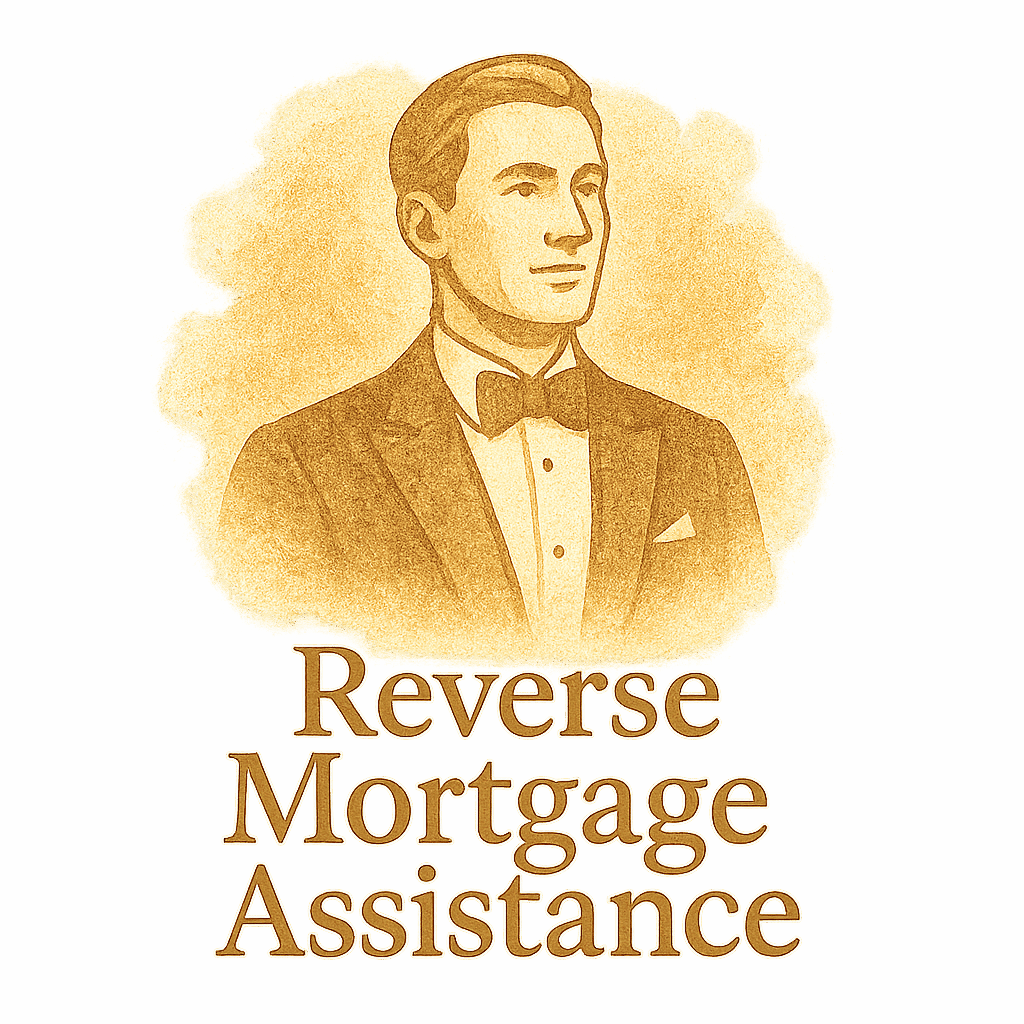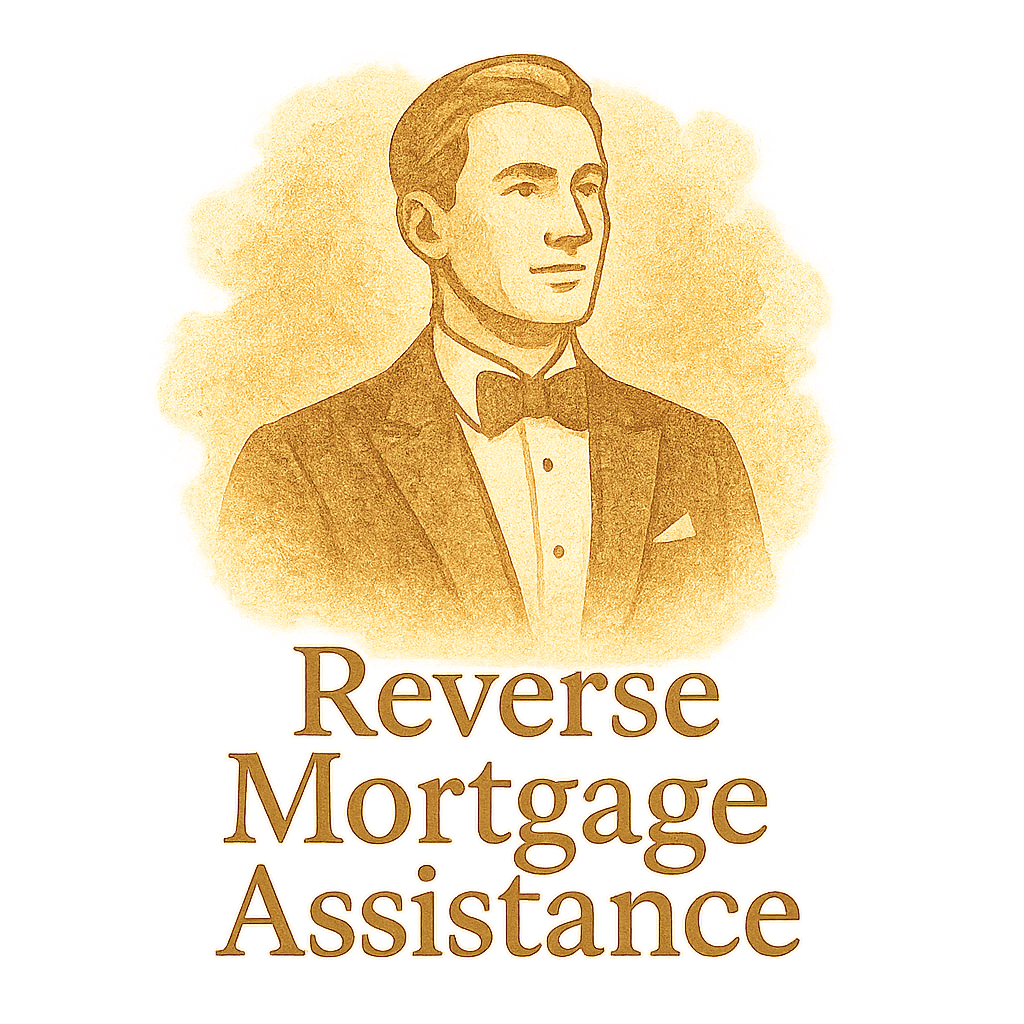Introduction: Understanding Reverse Mortgages
Ever wondered why reverse mortgages are gaining so much traction among retirees? It’s not just hype—they genuinely offer something different. While a standard loan expects you to pay it back monthly, a reverse mortgage flips that idea on its head. Instead of making payments, you receive them. Sounds good, right?
But that’s just the beginning. In this post, we’ll dive into seven standout benefits of reverse mortgages that you simply won’t get from a traditional loan. Ready to see how your home could pay you back?
(Related: Reverse Mortgage Basics)
What Makes Reverse Mortgages Unique?
Unlike standard mortgages, reverse mortgages are specifically designed to help homeowners age 62+ tap into the equity in their homes—without selling, moving, or dealing with monthly repayments. Let’s explore the top seven ways this financial tool sets itself apart.
1. No Monthly Mortgage Payments Required
The Power of Deferred Repayment
The most talked-about perk of a reverse mortgage? No required monthly payments. That’s right. You can live in your home for as long as you like without ever writing a check to the bank each month—so long as you keep up with property taxes, insurance, and basic maintenance.
With traditional loans, you’re on the hook for payments immediately. But reverse mortgages allow your loan balance to increase over time and only become due when you sell the home, move out permanently, or pass away.
(Learn more about the legal framework protecting homeowners.)
2. Access to Home Equity Without Selling Your Home
Tapping Into Your Investment Without Moving
Think of your home as a savings account you’ve been paying into for decades. Why should you have to sell it or take on monthly debt to access your investment? Reverse mortgages unlock that equity—while letting you stay put.
This is a game-changer for retirees who want to stay near family, avoid the hassle of moving, or simply enjoy the home they’ve built.
(See related: Equity)
3. Tailored for Retirees Aged 62 and Older
Why Age Matters in Reverse Mortgages
This isn’t your run-of-the-mill loan. Reverse mortgages are built specifically for seniors, offering unique benefits geared toward retirement life. Qualification is based more on age and home equity than on credit score or income—making it accessible for those on fixed incomes.
In contrast, standard loans often involve rigorous income verification, credit checks, and monthly obligations that can strain a retiree’s budget.
(Explore more for seniors considering their options.)

4. Flexible Payout Options to Fit Your Lifestyle
Lump Sum, Line of Credit, or Monthly Payments
Want a lump sum to pay off debt? Need monthly payments to supplement Social Security? Or maybe a line of credit for emergencies? A reverse mortgage offers flexible disbursement options, so you can choose what suits you best.
Standard loans? You get the funds all at once, and then you’re expected to start paying them back right away—no flexibility there.
(Compare options here: Loan Comparison)
5. Federally Insured and Regulated for Safety
Protections Under HUD and FHA Guidelines
Worried about scams? Don’t be. Reverse mortgages are insured by the Federal Housing Administration (FHA) and regulated by the Department of Housing and Urban Development (HUD). There are rules in place to protect borrowers, including mandatory counseling sessions before closing.
That kind of safety net doesn’t always come with conventional loans, which can vary greatly between lenders.
(See legal guidelines: Legal & Regulatory)
6. Non-Recourse Loan Feature
You’ll Never Owe More Than Your Home’s Value
Here’s a biggie: Reverse mortgages are non-recourse loans. That means your heirs will never be stuck paying more than what the home is worth—even if the housing market tanks.
In contrast, traditional loans don’t come with that protection. If your home value drops below what you owe, you (or your heirs) are still responsible for the full debt.
(Learn more about legal terms that protect you.)
7. Can Improve Retirement Planning and Security
Supplementing Social Security or Pension Income
Many retirees find that Social Security just doesn’t stretch far enough. A reverse mortgage can fill those income gaps—giving you peace of mind, freedom, and more options in retirement.
Whether it’s funding travel, medical expenses, or just everyday living costs, having access to your home equity can dramatically improve your financial security.
(More on mortgage planning.)
Comparing Reverse Mortgages vs. Standard Loans
Major Differences in Qualification and Usage
Let’s do a quick side-by-side. Reverse mortgages:
- Don’t require monthly payments
- Are designed for retirees
- Offer flexible disbursement options
- Let you stay in your home
Standard loans:
- Require monthly payments
- Demand high income and credit
- Have rigid terms
- Often require selling or refinancing to access equity
Risks and Rewards: What You Should Know
Of course, reverse mortgages aren’t perfect. You still need to:
- Pay property taxes and insurance
- Maintain the home
- Plan carefully so you don’t outlive the benefits
But with smart planning, the benefits can far outweigh the risks.
(Explore mortgage myths vs. truths.)
Busting Common Myths About Reverse Mortgages
Some people think reverse mortgages mean giving your house to the bank. Nope. You keep ownership—just like with any loan. Others fear losing their home, but as long as you meet the terms, that won’t happen.
(Check out our guide to mortgage basics.)
Legal and Regulatory Safeguards in Place
HUD, FHA, and state-level laws all provide legal protections. From counseling to contract disclosures, the system is designed to ensure transparency and informed decision-making.
(Understand contracts and legal safeguards.)
Planning Ahead: Is a Reverse Mortgage Right for You?
Case Studies and Real-Life Outcomes
We’ve seen folks use reverse mortgages to:
- Pay off credit card debt
- Afford in-home care
- Travel and enjoy retirement
It’s not a one-size-fits-all tool—but when it fits, it fits well.
(See more mortgage case studies.)
How to Get Started and What to Prepare
Thinking about applying? Here’s what to gather:
- Proof of homeownership
- Mortgage balance (if any)
- Info on taxes and insurance
Then connect with a HUD-approved counselor to learn more.
(Start your preparation journey here.)
Conclusion: Making the Smart Financial Move
If you’re 62+ and looking for a smarter way to use your home equity, a reverse mortgage might be the ticket. It’s not just a loan—it’s a retirement tool. From eliminating monthly payments to offering flexible payouts and legal protections, it’s a serious contender in your financial planning toolkit.
Still unsure? That’s okay. Take the time to learn, ask questions, and explore your options.
(Visit: Reverse Mortgage Assistance for everything you need.)
FAQs
1. Do I lose ownership of my home with a reverse mortgage?
Nope! You remain the legal owner as long as you meet basic requirements like living in the home and maintaining it.
2. What happens to the loan when I pass away?
Your heirs can sell the home, repay the loan, or let the lender sell it. Any leftover equity goes to your estate.
3. Can I get a reverse mortgage if I still have a mortgage?
Yes, but you’ll need to use part of the proceeds to pay off your existing loan.
4. Are reverse mortgage proceeds taxed?
Nope—funds from a reverse mortgage are not considered income and are generally tax-free.
5. How much can I borrow?
It depends on your age, home value, and current interest rates.
6. Are there closing costs with a reverse mortgage?
Yes, similar to traditional loans, but many can be rolled into the loan itself.
7. Is a reverse mortgage right for everyone?
Not necessarily. It’s best for those who plan to stay in their home long-term and need extra cash for retirement.


